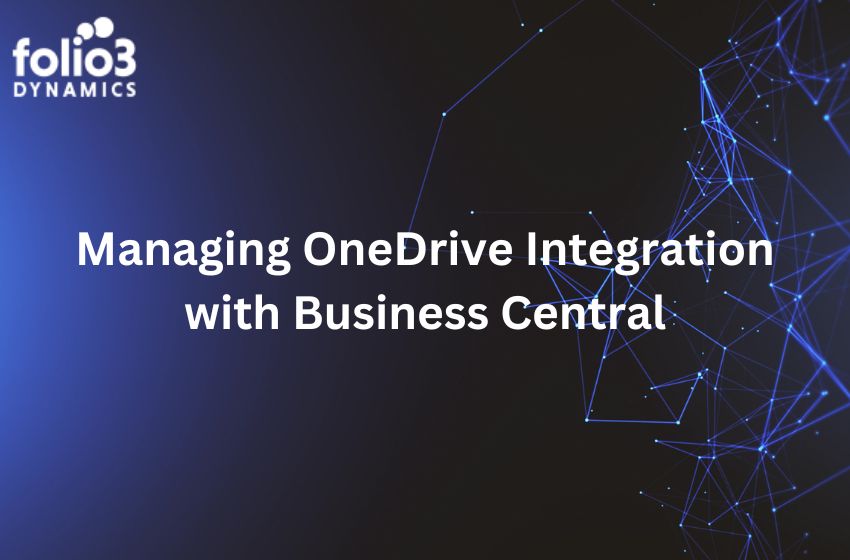If you have just started your business and are looking for ways to improve your supply chain performance and won’t achieve your objectives, you need to track the right KPIs for your business. But at this point, you might not be sure how to choose and use the right set of KPIs for your company. Here in this article, we have discussed everything you need to know about the important KPIs that you can use in your company.
Every business these days aims to achieve success and to drive more value than just cost savings. They constantly look for ways to improve their procurement process. They need to keep an eye on every aspect of the business and make rapid improvements wherever needed. For this purpose, you can not just rely on your assumptions, you need to grasp the bigger picture and use the right KPIs.
What is Procurement KPIs?
KPIs or Key Performance Indicators, as their name suggests, are indicators or compasses for your company. They show you the direction and tell you whether you are following the right path or not. They help you achieve your goals in a short time.
These KPIs are a tool for you to determine which areas in your process are weak and need improvement, and whether you’re following the right path to achieve your business objectives or not.
There are several KPIs for you to choose from. Although it seems like a blessing to have multiple options to choose from, this option might also confuse you as to what KPIs are the best for your company. You may pick the wrong ones which means that your overall performance might be affected and you may not be able to achieve your goals.
The wrong choice of KPIs can result in measuring the wrong things and this mistake is made by several companies. Therefore, you should find out those mistakes right away and select the right KPIs according to your demands and business objectives.
So the question may arise, how to select the right KPIs for your procurement organization?
This is what we are going to talk about in this article. We provide a brief overview of the criteria based on which you can select the right KPI for your company.
How to Choose the Right Procurement KPIs?
Success in a business is based on accurate measurement and determining the success of your performance management framework. Here are a few steps for you to follow when selecting a KPI.
- The First Step
Set your procurement objectives and once you’re done setting the objectives, choose at least one or two measures that can directly help you achieve those procurement objectives.
It might seem a bit difficult to track everything internally but it is not that difficult. But before that, you need to keep one thing in your mind and that is that all measures are not necessary to track and this is because selecting and measuring a lot of procurement KPIs can create confusion and excessive work.
Therefore, it is advised to only choose one or two KPIs per objective that can help you achieve your objectives.
- The Second Step
Now, you need to make sure that the selected measures or KPIs are good enough to meet the requirements of a good KPI.
Your selected KPI must tick through these questions:
- Will you be able to measure the KPI handily?
- Can you measure the KPI accurately?
- Are objectives and goals fulfilled by the selected KPI?
- Will KPI be able to pass the test of time?
- Does the KPI cover a wide array of procurement perspectives?
If the KPI that has been selected, answers all the questions or signifies that the selected KPI is not accurate and you might need to change your KPI.
- The Third Step
You can assign different KPI responsibilities to your teams and people in your company. Although useful to track performance, they can provide effective results only if they are tracked and monitored by someone regularly. Therefore, you must allocate someone special for the task. Hire someone who can regularly keep an eye on the metrics and track performance.
- The Fourth Step
Lastly, now that you’re done assigning the KPI to different people and teams in your company, you must now track and monitor the KPIs. Report your KPIs monthly, quarterly, or wherever feasible. Periodic observation of the KPIs makes it easy for your company to determine if something goes wrong and finds ways for you to help you improve them.
Why should you select the right KPIs?
Simply put, KPIs can help your organization optimize its performance.
If your organization is focused on the KPIs, your workers will be willing to change the appropriate behaviors. On the other hand, if you select the wrong KPIs for your organization, you can increase the risk of workers choosing unintended behaviors.
There are generally 2 rules you need to follow to select the right KPI:
- Make your KPIs as easy to understand as possible. This will help your workers clearly understand what they need to do and how they can achieve the set goals.
- SMART KPIs: SMART stands for
○ Specific
○ Measurable
○ Attainable
○ Realistic
○ Timely
Imply all these things when selecting a KPI and this will make your organization reach all your goals in a matter of no time.
Selecting the right KPI is very important because it helps to ensure that the data being collected and analyzed is relevant to the goals and objectives of the organization. By selecting the right KPIs, organizations can focus on the areas that are most important to their success and make data-driven decisions to improve performance.
Here are a few reasons why selecting the right KPI is important:
- Relevance: By selecting the right KPIs, organizations can ensure that they are measuring the aspects of production that are most critical to their success. This can help to prioritize efforts and focus on areas that need improvement.
- Actionability: The right KPIs will provide information that can be used to make decisions and take action to improve performance.
- Alignment: The right KPIs will align with the overall goals and objectives of the organization and help to ensure that everyone is working towards the same goals.
- Benchmarking: The right KPIs will allow organizations to compare their performance to industry standards and competitors, which can help to identify areas of improvement and best practices.
- Continuous improvement: By selecting the right KPIs and monitoring performance over time, organizations can track progress and make adjustments as needed to improve performance and achieve long-term success.
What KPI selection mistakes should you watch out for?
There are 2 common mistakes organizations usually make while selecting a KPI:
- Selecting KPIs you’ve always measured.
- Selecting KPIs that are the easiest ones to measure.
How can you create a culture of KPI monitoring and improvement in your Business?
When you introduce procurement KPI into your business, you might face a few challenges. Not everyone in your organization may know what procurement KPIs are, how to use them, and what benefits they provide.
For this purpose, you need to ensure that everyone on your team is on the same page. Everyone knows what KPIs are. Arrange some educational sessions for your team to help them understand the basic concept and why KPIs are very important for your organization to move ahead in this field.
Common Procurement Key Performance Indicator Examples & Definitions
Now that we have a basic understanding of what procurement KPIs are, let’s talk about a few examples:
- Cost savings: This KPI measures and determines the cost you have saved when compared to the budget of your company or the amount you have spent before, through the procurement process,
- Supplier performance: This useful KPI is used to determine the performance of the suppliers of your team in terms of the time they took to deliver the products, the quality, and the cost of the products.
- Lead time: This procurement KPI finds out the time that was taken right from the moment when the order was placed to the time when the orders or services were received.
- Purchase order accuracy: This particular KPI helps you measure the provision or accuracy of the orders that have been purchased in terms of their quality and specifications. Inventory turnover: Estimates the velocity at which a business trades and replaces its inventory.
- Spend under management: Estimates the ratio of a business’s total expense governed through the procurement procedure.
- Contract compliance: Estimates the degree to which a business follows and complies with the rules and regulations of its contracts.
These KPIs help procurement professionals comprehend their effect on the company’s performance, make their supplier relationships better, and guarantee that procurement actions align with the company’s comprehensive technique.
How Can Microsoft Dynamics 365 Help?
Microsoft Dynamics 365 can help with procurement KPIs in several ways:
- Automation of Procurement Processes: Dynamics 365 automates numerous manually run procurement procedures, decreasing the duration and struggle needed to organize and carry out procurement activities, and improving the accuracy of procurement data.
- Supplier Management: Dynamics 365 comprises supplier surveillance abilities that entitle businesses to consider their supplier execution, keep a track of contracts, and monitor supplier KPIs, such as delivery time, quality, and cost.
- Spend Analysis: Dynamics 365 enables procurement professionals to determine regions where they can conform to better costs, optimize supplier connections, and decrease expenses.
Benefits of Key Performance Indicators
Key Performance Indicators (KPIs) are a way to measure the success of an organization and its employees.
You may have heard about KPIs before, but if not, here’s what they are:
– Key Performance Indicators are metrics that measure how successful an organization is at accomplishing its goals.
– KPIs can be used to track how well an organization is performing against specific goals or objectives.
– KPIs can be used as a tool for measuring employee performance and satisfaction so that managers can make sure they’re addressing any issues before they become more serious problems
FAQs
What are Key Performance Indicators?
Key Performance Indicators are estimates used to assess the performance of a business. KPIs can be quantitative or qualitative and are targets that can help you estimate your overall progress against your most strategic objectives.
Why are key performance indicators so important?
KPIs are important because they help you understand where you as an organization stands. It helps you set goals and gives you a deep insight into if you are making progress or not, if you are achieving your goals or not, and if you’re headed in the direction you want.
What is Procurement KPIs?
Key Performance Indicators (KPIs) in procurement measure the performance and efficiency of the procurement process.








